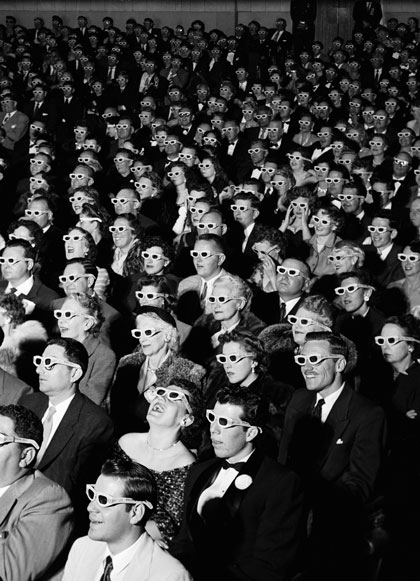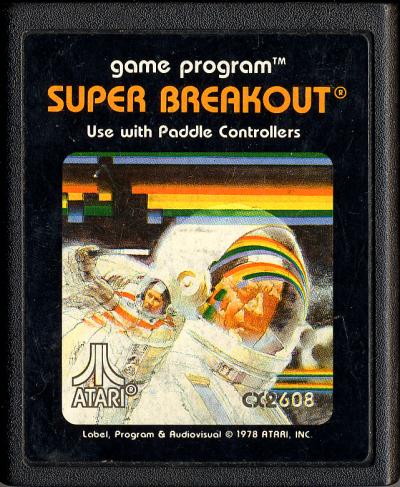Netflix is at loggerheads with the movie-theater industry because it’s making its own feature films to be released simultaneously on every screen, from big to pocket-sized. That makes financial sense in the macro, though not for exhibitors who bank on a period of exclusivity.
Even further: As the technology improves, why couldn’t you walk into a store on the day Star Wars: The Force Awakens is released and buy a pair of 3-D or virtual reality or augmented reality glasses preloaded with the film. Or better yet, have permanent headwear and just wirelessly download the film in one of these formats the day it drops. It removes the communal element of filmgoing, but our binging culture has made it clear that not everyone wants that.
From Eric Johnson at Recode:
The U.S. Patent and Trademark Office this week published an Amazon patent for an odd-sounding pair of augmented reality smart glasses.
The patent explains how the smart glasses might be wired or wirelessly connected to a device such as a tablet and display video or images from that device in front of the wearer’s eyes. Tapping on the tablet, it explains, transitions a surface in the display from opaque to transparent, making it possible to interact with the real world without taking the glasses off.
“On the one hand, a large screen is beneficial for watching movies, playing games and even reading email comfortably,” reads the patent, which was filed in September 2013. “On the other hand, the larger the screen, the bigger the device, which may be less desirable for a light and portable product. Another problem consumers experience with portable devices, like tablet devices, is the lack of ability to immerse themselves in a tablet experience, such as watching a movie on an airplane.”
To wit: Smart glasses that can switch in and out of transparency might offer the best of both words, providing a big and immersive image while not completely isolating their wearers from the rest of the world.•


